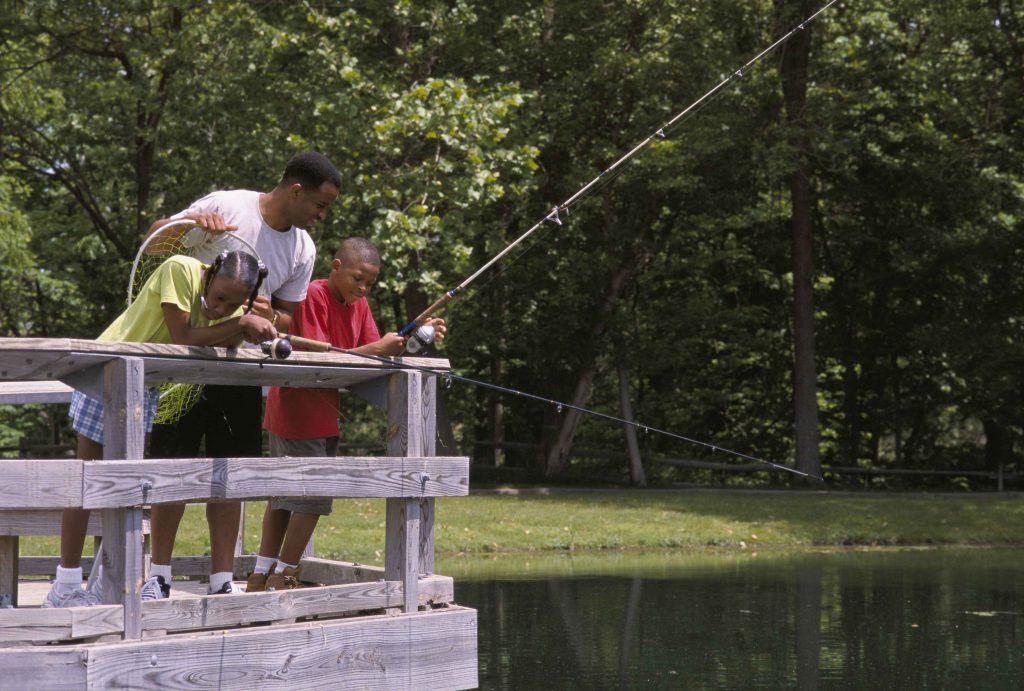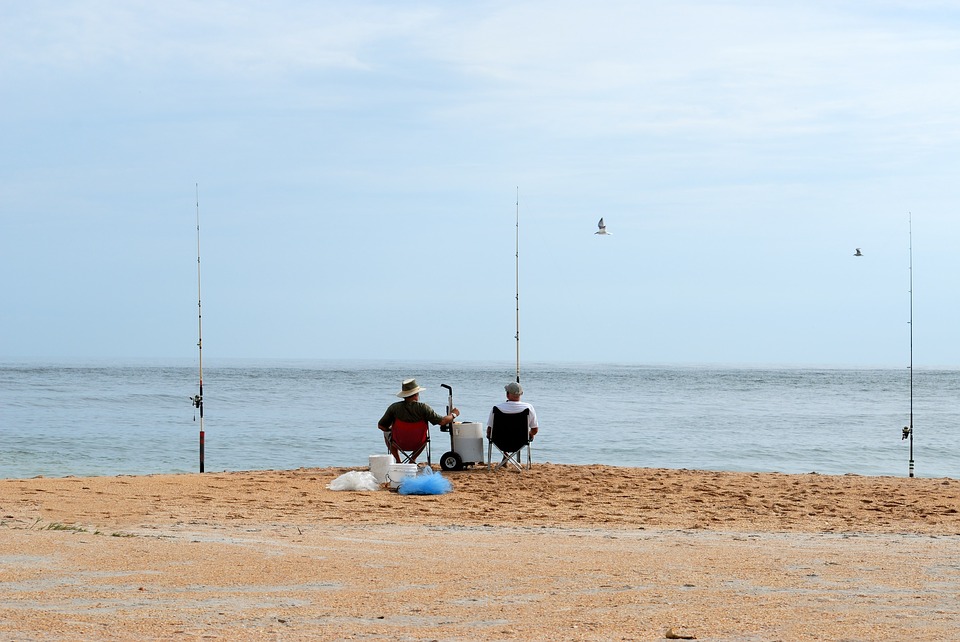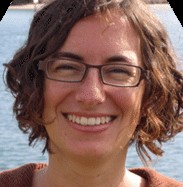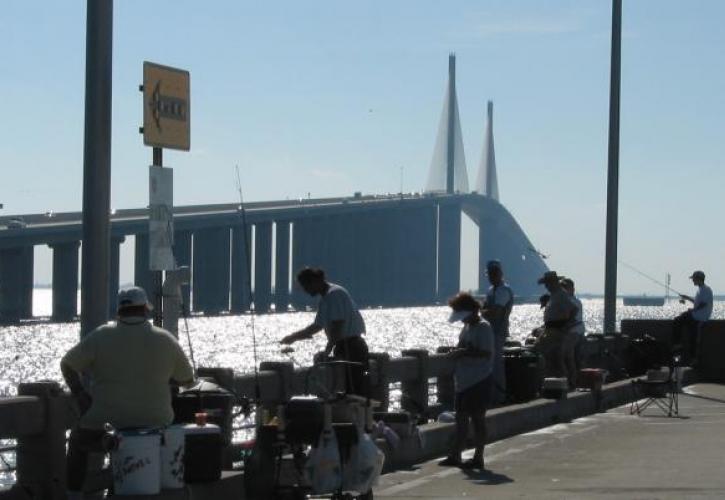We’ve all seen “that guy” sitting on an ice cooler fishing from the edge of a bridge. Most of us just keep driving, but it raised a series of questions for
Noëlle Boucquey, assistant professor for environmental studies at Eckerd College.
· Is he (or she) fishing for fun, or a primary source of food?
· What impact does shoreline fishing have on ecosystems, both in terms of removing fish and potentially damaging habitat to reach waters?

Fishing is always fun, but a new study is looking at the impacts on shoreline fishing on both the ecosystems and people who are eating the fish they catch.
· How many fishermen in the Tampa Bay region depend upon the fish they catch as a primary source of food for themselves and their families?
· What effect does eating a large percentage of fish caught from shorelines have on human health, considering that some spots of the bay have pesticides still adsorbed by sediment, and storm and wastewater both run into close-in sections of the bay?
· How dependent are fishermen on what they catch to eat?

Scientists call people who depend upon fishing as a primary source of food subsistence fishermen. In urban areas like Tampa Bay, it’s one of the few ways that people who can’t afford to buy all the food they need can actually feed themselves, she notes.
Still, it’s been almost unstudied in our region – until now.

Noëlle Boucquey, assistant professor for environmental studies at Eckerd College
Working with Eckerd students and Jessie Fly, assistant professor of anthropology, Boucquey kicked off the Urban Fishing Project with a prototype study last summer to begin answering those questions.
Two students with a survey specifically designed to work for respondents not fluent in English visited every pier and bridge along Tampa Bay as well as the beaches on the Gulf up through Dunedin at least twice last summer to interview fishermen (only fishermen along shorelines, bridges and docks were surveyed, not those fishing in lakes or retention ponds).

Of the total 87 respondents, 20% said they fished specifically for food – and that they caught about three fish in 4.5 hours. Others, of course, were fishing just for the fun of it, although 75% said they kept the fish they caught to eat.
Many questions still remain, particularly since subsistence fishermen don’t always have cars (or money for gas) and may be fishing inland rather than on shorelines. It’s an important issue, though, Boucquey said.
She’s currently recruiting additional students to continue the study this summer, and hopes to win a grant from the National Science Foundation that would help identify potential contaminants in fish caught close to shore.
“We really need to understand the impact on ecosystems as well as the people who are eating these fish,” she said. “We know there are ‘hot spots’ like McKay Bay, and we know that wastewater overflows in coastal zones. We don’t know how much heavy metals, pesticides
If you’re planning a fishing trip for food or fun, check out our infographic on the best piers for fishing in our region at http://baysoundings.com/no-boat-no-problem-top-3-fishing-piers-in-tampa-bay/.
Don’t forget you probably need a fishing license as well. Learn more at http://myfwc.com/license/recreational/do-i-need-a-license/
Originally published 03/13/2019
[su_divider]